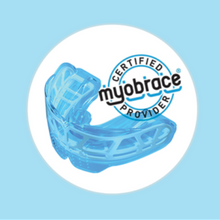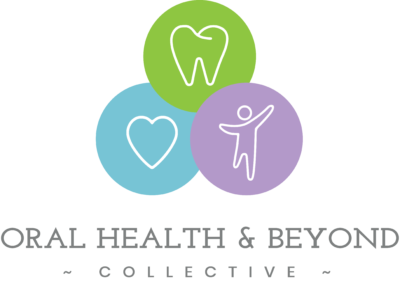Mouth breathing – don’t take it as normal
In most circumstances, your child’s breathing should be silent and subtle – if you can hear your child inhaling and exhaling, it could indicate an obstruction of the airways related to a range of underlying conditions.
What is mouth breathing?
Nasal breathing is the body’s default process for getting oxygen to the brain – it’s the most efficient route, with breathing through the mouth only designed as a last resort if the nose is blocked. Mouth breathing commonly occurs when nasal passages are constricted, and these obstructed airways can be caused by a variety of issues, including:
- Allergies
- A high, narrow palate
- Deviated septum constricting the nasal area
- Enlarged nasal walls
- Diet
How can mouth breathing cause problems?
American research finds that mouth breathing is often associated with snoring and sleep apnoea, and increasingly in children, with jaw malformation, bite problems, sleep deprivation and even ADHD and ADD.
Whilst it might not seem like a problem to breathe through the mouth rather than the nose, because this route is less efficient, reduced levels of oxygen are supplied to the brain. The problem is most apparent at night, when our brains are designed to undergo prefrontal cortex ‘house keeping’ – dumping data from the day that isn’t required for survival or long-term memory storage. With insufficient oxygen being fed to it, the brain goes into stress mode, meaning that whilst your child is asleep, he/she is not experiencing quality sleep – neither productive nor restful. Over time, poor sleep patterns may result in the child developing attention issues – it is estimated that two thirds of children with an ADHD disorder have interrupted sleep, and mouth breathing can play a significant role in this.
Mouth breathers also typically develop a long face and receded jawline, and may suffer more than normal with headaches.
What are the treatment options?
Fundamentally, treatment for mouth breathing aims to open up the airways and encourage nasal breathing. Non-invasive intervention for children between the ages of three and twelve ensures the best results.
Myobrace is a simple and effective pre-orthodontic treatment that is used for just 1-2 hours each day and whilst sleeping. The custom-fitted Myobrace device works by providing light pressure on your child’s hard palate, which over time will allow it to reshape. Coupled with the Myobrace activities your child will follow via an app to encourage correct tongue placement, your child’s teeth and jaw will realign to their natural position. Regular appointments help us monitor progress and make any adjustments that may be required to your child’s personalised exercise programme.
Find out more about the Myobrace system by submitting the form below.




